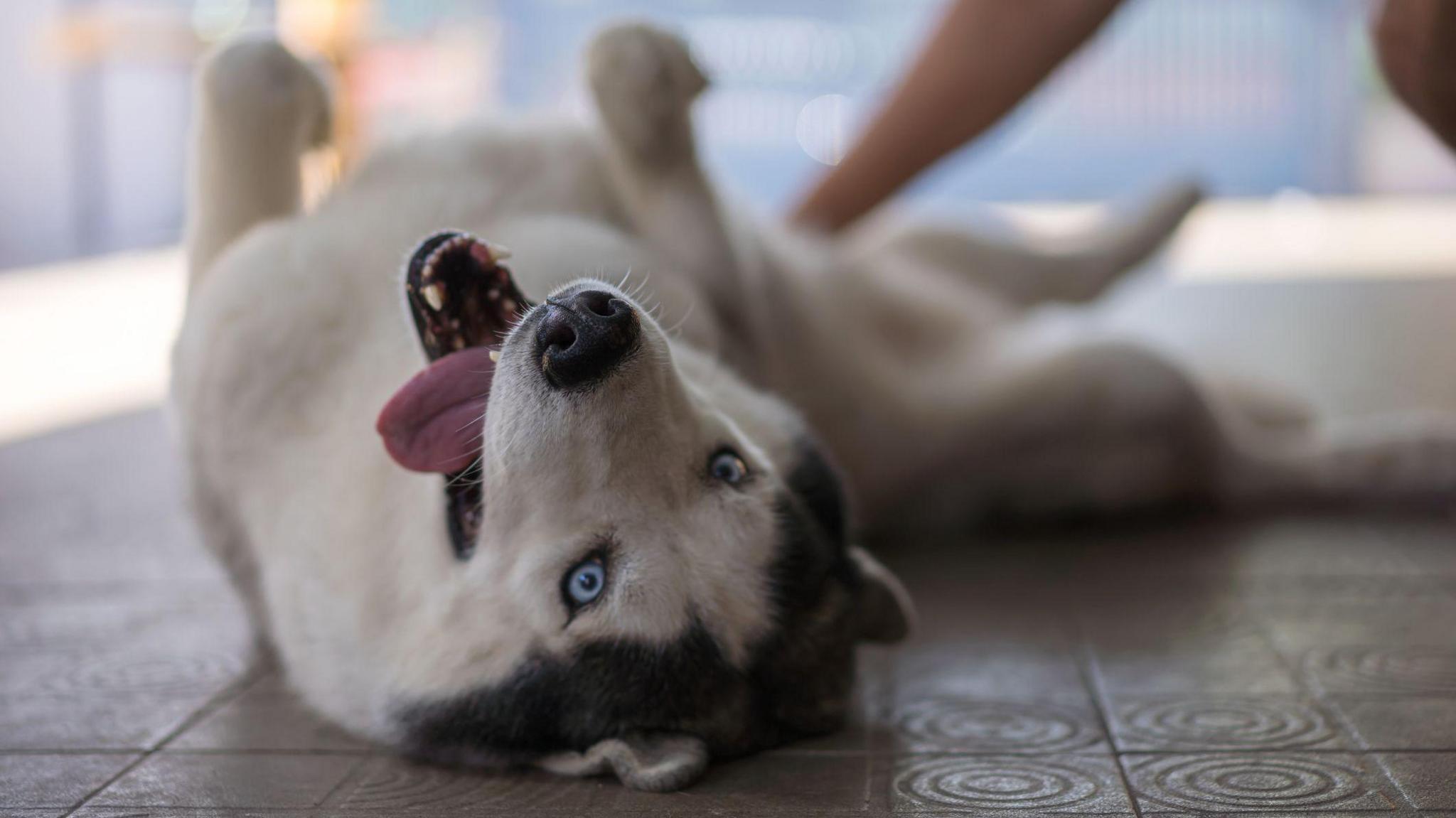When it comes to your dog’s behavior, most people think about training methods, exercise routines, and socialization. But an often-overlooked piece of the puzzle lies in your dog’s gut. Recent research and growing anecdotal evidence suggest a powerful link between gut health and brain function — a relationship often referred to as the gut-brain axis.

What Is the Gut-Brain Axis?
The gut-brain axis is a two-way communication system between the gastrointestinal tract and the brain. This connection operates through:
-
Nerves, especially the vagus nerve
-
Hormones
-
The immune system
-
The gut microbiome (trillions of microbes living in the digestive system)
Just like in humans, a dog’s gut is home to bacteria that play a critical role in digestion, immunity, and neurotransmitter production. When this microbial balance is disrupted, it can influence the way a dog feels and behaves.
Signs of an Unbalanced Gut in Dogs
An imbalance in gut flora — often called dysbiosis — can manifest not only as digestive issues but also behavioral changes, including:
-
Increased anxiety or reactivity
-
Aggression or mood swings
-
Lethargy or hyperactivity
-
Difficulty focusing or training
Some dogs may also show physical signs like:
-
Chronic diarrhea or constipation
-
Poor appetite
-
Excessive licking or chewing
-
Skin conditions
How Nutrition Shapes Gut Health (and Behavior)
The food you give your dog directly influences their gut microbiome. High-quality, nutrient-dense diets support a healthy digestive environment, while low-quality food filled with artificial preservatives, fillers, and by-products can contribute to gut inflammation and behavioral issues.
Here are key nutritional factors that support the gut-brain connection:
1. Probiotics and Prebiotics
-
Probiotics are beneficial bacteria that help restore microbial balance.
-
Prebiotics are dietary fibers that feed these good bacteria.
Adding probiotics and prebiotic-rich foods (like pumpkin, chicory root, or specially formulated supplements) can help regulate mood, reduce anxiety, and improve trainability.
2. Omega-3 Fatty Acids
Omega-3s, especially DHA and EPA from fish oil, reduce inflammation and support brain health. Studies have linked omega-3 intake to improved learning and reduced stress behaviors in dogs.
3. High-Quality Protein
Protein provides the amino acids necessary to produce neurotransmitters like serotonin and dopamine — chemicals responsible for feelings of happiness and calm.
4. Minimally Processed Ingredients
Whole-food diets, such as gently cooked or raw food options, tend to be easier on the digestive system and contain more bioavailable nutrients that positively impact behavior.
5. Avoiding Artificial Additives
Colorants, preservatives, and low-grade meat meals can trigger allergic or inflammatory responses, potentially affecting both gut and brain health.

Real-World Examples
Pet parents often notice significant behavioral improvements after switching to a gut-friendly diet. Dogs that were once anxious or hyperactive may become calmer, more focused, and easier to train. In some cases, dogs with behavioral diagnoses like separation anxiety or reactivity have shown measurable improvement when dietary changes are paired with behavior therapy.
Supporting Your Dog’s Gut-Brain Balance
If you suspect your dog’s behavior could be linked to gut health, here are a few steps to take:
-
Evaluate their diet: Choose a high-quality food appropriate for their age, size, and breed.
-
Introduce probiotics and prebiotics: Talk to your vet about adding gut-supportive supplements.
-
Limit processed treats: Use training rewards made from real meat or healthy, single-ingredient options.
-
Observe changes: Track behavior before and after dietary changes to see what makes a difference.
-
Consult your vet: Always speak with a veterinarian or canine nutritionist before overhauling your dog’s diet.
Ready to unleash your dog’s potential? Visit Off Leash K9 Training of Hampton Roads to explore our expert training programs that promise exceptional obedience and a strong bond with your canine companion. Whether you’re in the Hampton Roads area or NE North Carolina, our proven system will help your dog excel off-leash. Contact us today at (757) 296-8366 to start your journey towards a more obedient and joyful relationship with your dog

